Speakers 2022 - World-Class AI Experts
The STEMM AI Summit Series unites Researchers, Business leaders and Artists, working together to address challenges of AI Applications to all aspects of everyday life to share their vision and experience for better global collaboration.
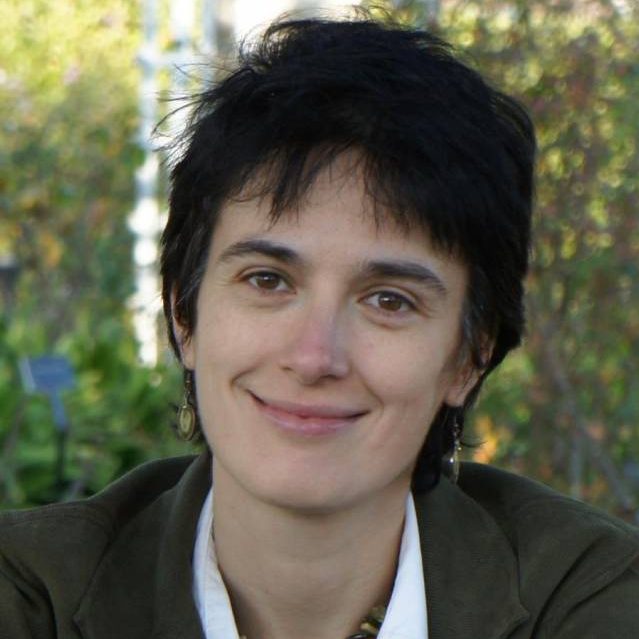
Mihaela was elected IEEE Fellow in 2009. She has received numerous awards, including the Oon Prize on Preventative Medicine from the University of Cambridge (2018), a National Science Foundation CAREER Award (2004), 3 IBM Faculty Awards, the IBM Exploratory Stream Analytics Innovation Award, the Philips Make a Difference Award and several best paper awards, including the IEEE Darlington Award.
Mihaela is personally credited as inventor on 35 USA patents (the majority of which are listed here), many of which are still frequently cited and adopted in standards. She has made over 45 contributions to international standards for which she received 3 ISO Awards.
Mihaela has published more than 600 papers, including 280 journal articles and over 300 conference papers. She has also authored several books and book chapters.
In terms of recent academic output in top machine learning venues, Mihaela ranked among the 10 researchers with the most accepted papers at ICML 2020 (and was the only female researcher on the list); she was only one of two women among the 40 researchers with the most accepted papers at NeurIPS 2019. In 2019, Mihaela was identified by National Endowment for Science, Technology and the Arts as the most-cited female AI researcher in the U.K. She was also elected a 2019 “Star in Computer Networking and Communications” by N²Women.
While her current research is firmly centered around machine learning for healthcare, Mihaela’s previous work is exceptionally diverse and impactful, spanning a wide range of fields including multimedia compression, processing and transmission; multi-user wireless networking; applications of game-theoretic ideas in engineering contexts; and multi-agent learning in engineering systems.
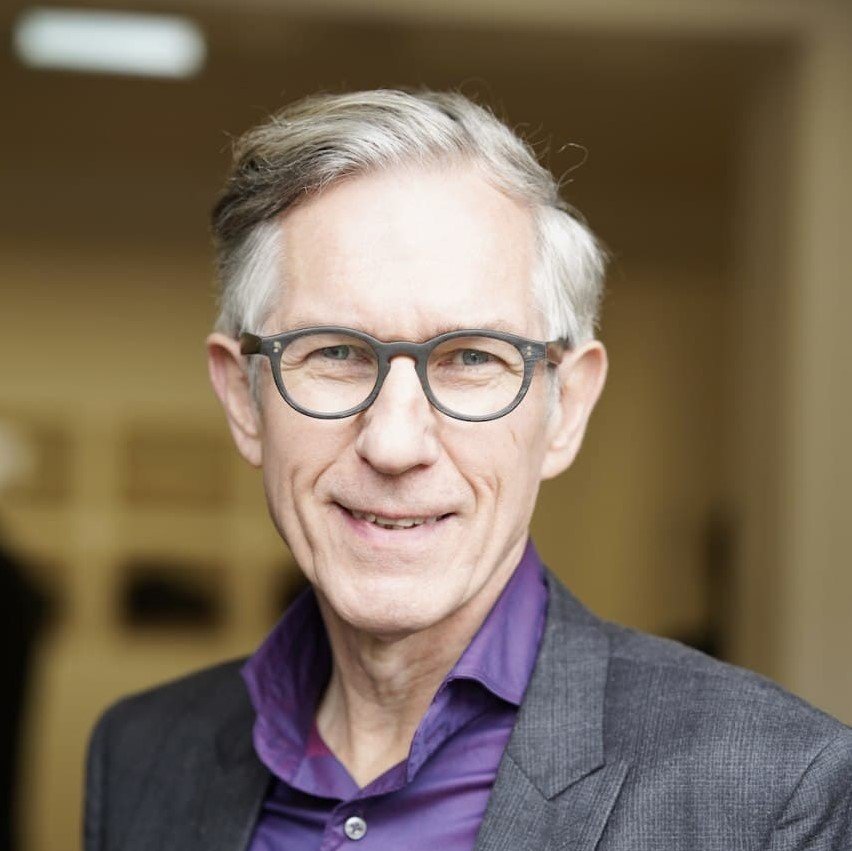
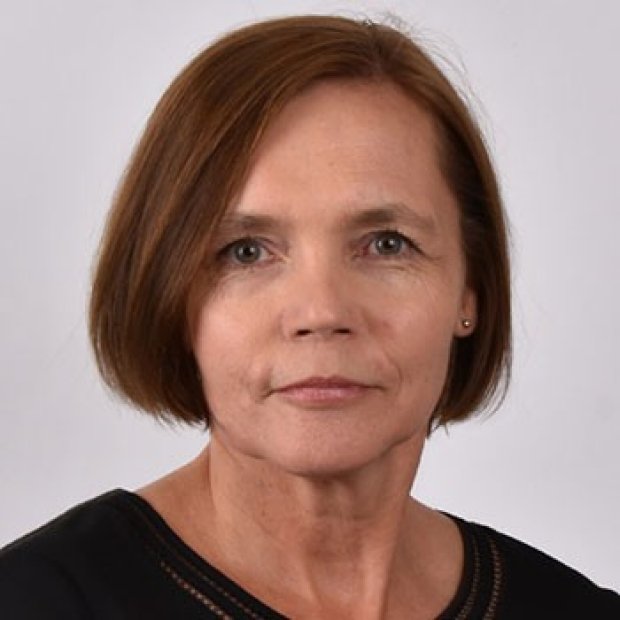
European Commission
Directorate-General Communications Networks, Content and Technology
Unit H3 “eHealth, Well-Being and Ageing”
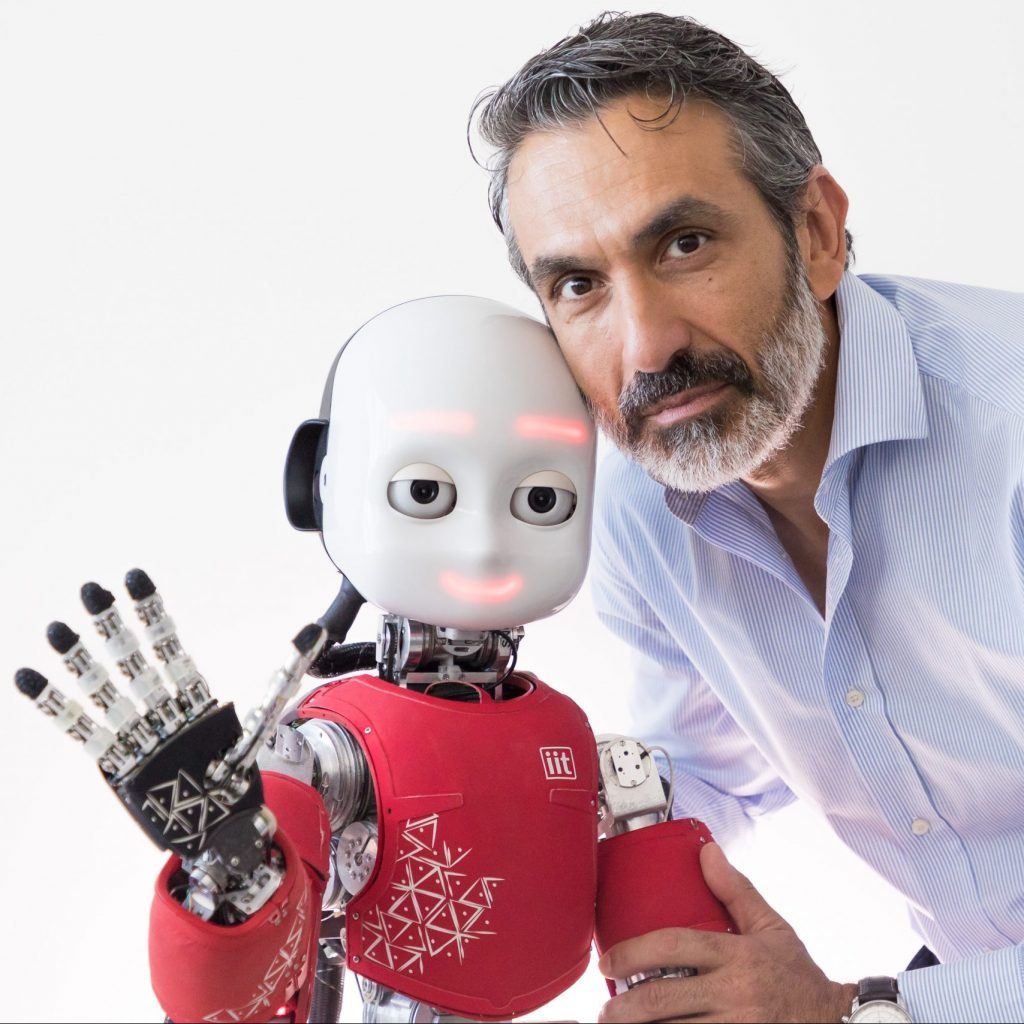
He was member of the board of directors of euRobotics aisbl, the European reference organization for robotics research. Giorgio Metta served as Vice Scientific Director of IIT from 2016 to 2019. He coordinated IIT's participation into two of the Ministry of Economic Development Competence Centers for Industry 4.0 (ARTES4.0, START4.0).
He was one of the three Italian representatives at the 2018 G7 forum on Artificial Intelligence and, more recently, one of the authors of the Italian Strategic Agenda on AI.
Giorgio coordinated the development of the iCub robot for more than a decade making it de facto the reference platform for research in embodied AI. Currently, there are more than 40 robots reaching laboratories as far as Japan, China, Singapore, Germany, Spain, UK and the United States. Giorgio Metta research activities are in the fields of biologically motivated and humanoid robotics and, in particular, in developing humanoid robots that can adapt and learn from experience.
Giorgio Metta is author of more than 300 scientific publications. He has been working as principal investigator and research scientist in about a dozen international research as well as industrial projects.
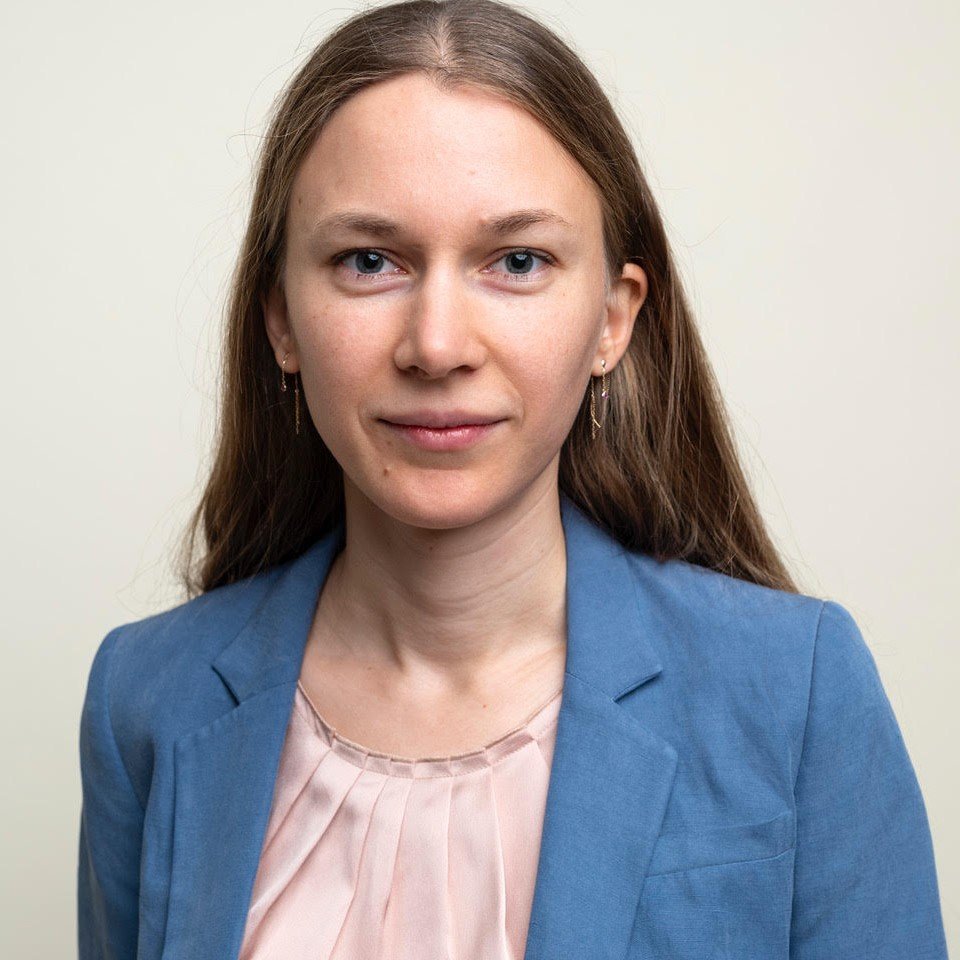
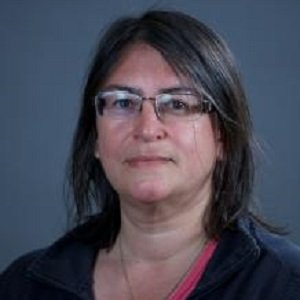
Training Humans into AI explores a number of pioneering artworks (Lynn Hershman Leeson’s Agent Ruby (2002); Mario Klingemann’s Circuit Training (2019); Kate Crawford and Trevor Paglen’s Training Humans (2020); and Luca Viganò’s The First (2021)) which offer interesting insights about the relations between humans and machines. Exploring how these artists designed their audience’s engagements with their artworks, Training Humans into AI show how we are in effect redesigning our lives to be fit for AI.
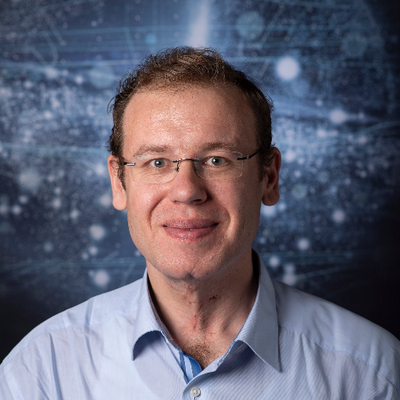
From 2009 to 2010, he started working on flat-panel C-arm CT as post-doctoral fellow at the Radiological Sciences Laboratory in the Department of Radiology at the Stanford University.
From 2011 to 2012 he joined Siemens Healthcare as innovation project manager and was responsible for reconstruction topics in the Angiography and X-ray business unit.
In 2012, he returned the University of Erlangen-Nuremberg as head of the Medical Reconstruction Group at the Pattern Recognition lab. In 2015 he became professor and head of the Pattern Recognition Lab.
Since 2016, he is member of the steering committee of the European Time Machine Consortium. In 2018, he was awarded an ERC Synergy Grant “4D nanoscope”.
Current research interests focuses on medical imaging, image and audio processing, digital humanities, and interpretable machine learning and the use of known operators.
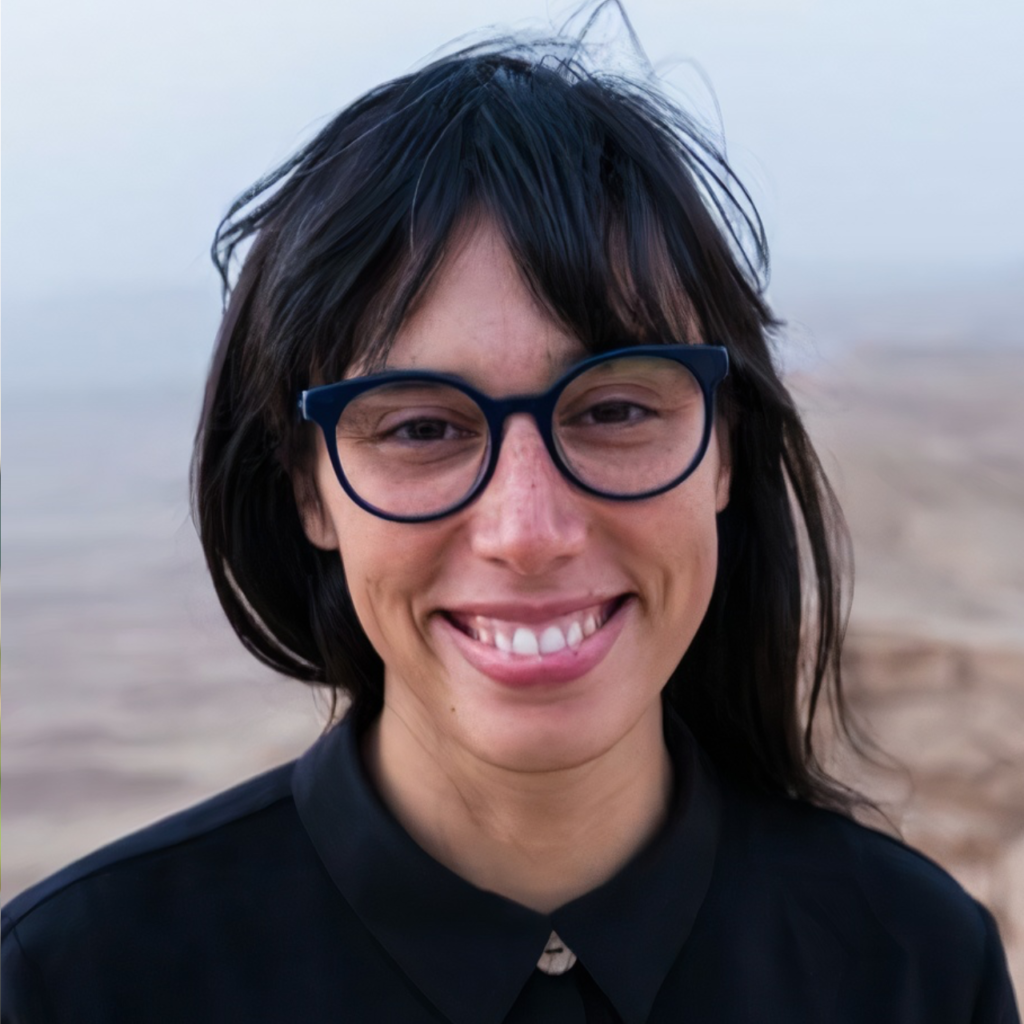
Entangled Others is the shared studio practice of artists Feileacan McCormick and Sofia Crespo. Their work focuses upon ecology, nature, and generative arts, with an emphasis on giving the more-than-human new forms a presence and life in digital space. This involves exploring questions of relationship, biodiversity, and awareness through biology-inspired technologies. In turn, they highlight how through conscious efforts, new technology can be used to bring attention and awareness to the unseen that we are tightly interwoven with. Entanglement is a complex state one where no single entity can be said to be separate, or somehow unaffected, by any other present entangled, we cannot consider ourselves without others, act without interacting, speak without being heard.
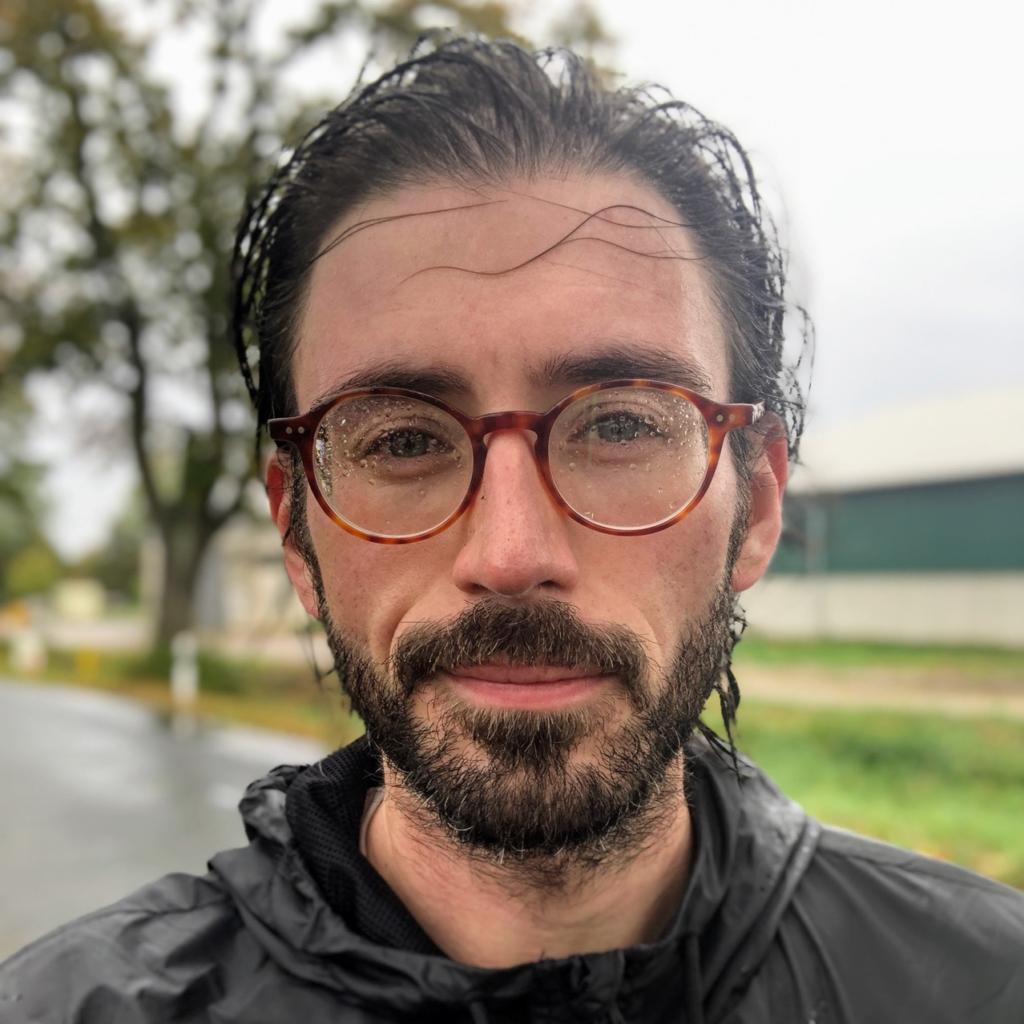
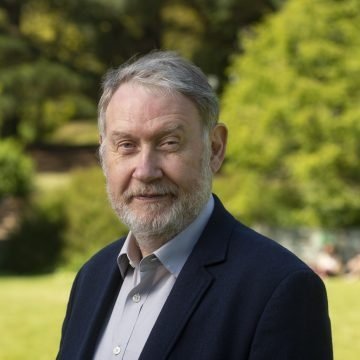
Peter is the principal investigator on the NERC RAPID-WATCH project RAPIT looking at the risk of the shut down or significant slowing of the Atlantic Meridional Current. This project relies on thousands of climate simulations carried out by members of the public via climate prediction.net.
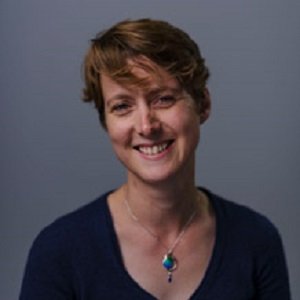
I am a member of the Department of Classics and Ancient History and the Digital Humanities Lab (DH Lab), with research interests in Latin Epigraphy. I am also an affiliated academic in the Institute for Data Science and Artificial Intelligence. As one of the authors of the EpiDoc Guidelines I am actively involved in the collaborative development of international standards for the encoding and publication of inscriptions and papyri. I have worked in the field of Digital Humanities for the past decade, specialising in the analysis and digital publication of textual materials.
I lead on international activities in the Department of Classics & Ancient History and also contribute to external partnerships in the DH Lab. In collaboration with colleagues at the University of British Columbia, Okanagan, I am currently involved in setting up a joint initiative for UG students to engage in research and interpretation of digital archives at the partner institution.
I am currently Treasurer of the European Association for Digital Humanities. I am a reviewer for the Pleiades Gazetteer of Ancient Places and one of the editors of the Digital Classicist wiki, and serve on the Linked Pasts Steering Committee and the EpiDoc Action Group.
I am Co-Investigator of UK-EI Digital Humanities Association: A Network for Research Capacity Enhancement, funded by the AHRC & Irish Research Council (with Jane Winters and Michelle Doran). With my colleague Jacqueline Christmas I hold an Institute for Data Science and Artificial Intelligence Research Award for the project Reconsidering the Roman Workshop.

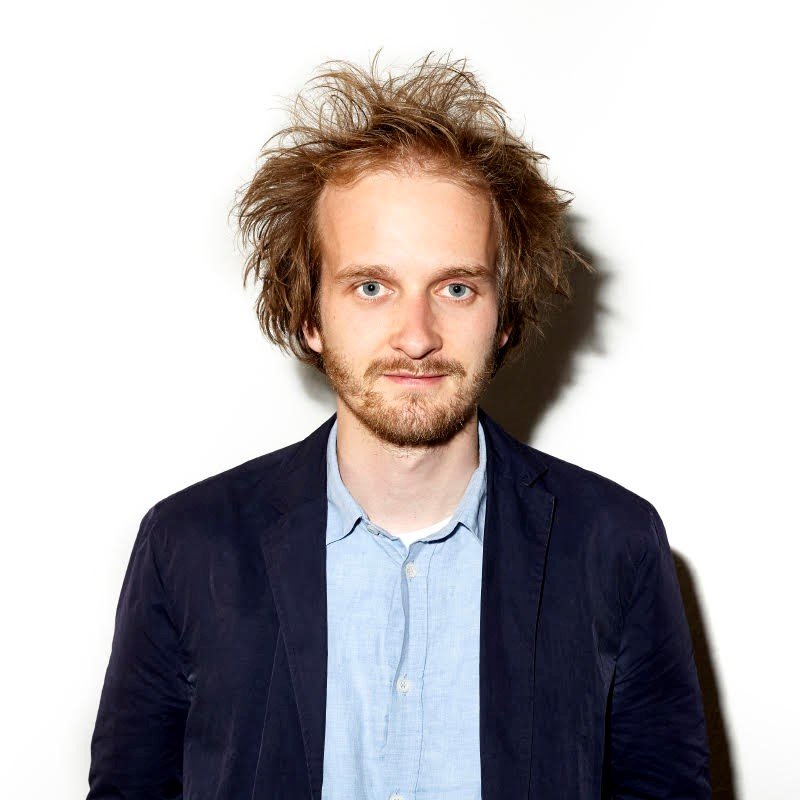
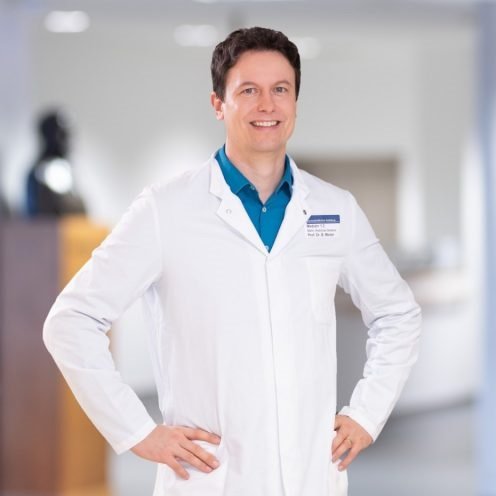
Deputy Medical Director (Klinik für Kardiologie, Angiologie, Pneumologie)
Management (Institut für Cardiomyopathien Heidelberg)
Management (Herzkatheter)
Research group head (AG Molekulargenetisches Labor für funktionelle Molekulargenetik und translationale Biotechnology)
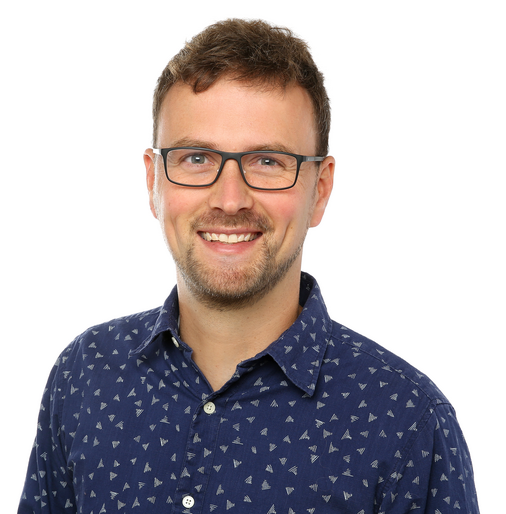
Previously, he was leading the machine learning team at the corporate research department of the ZEISS Group develop machine learning solutions for a wide range of products. Furthermore, he have been a lecturer in the computer vision group at the Friedrich Schiller University of Jena (Germany) leading the machine learning research activities and he worked as a PostDoc in the computer vision group of Trevor Darrell at ICSI/EECS (UC Berkeley, California).
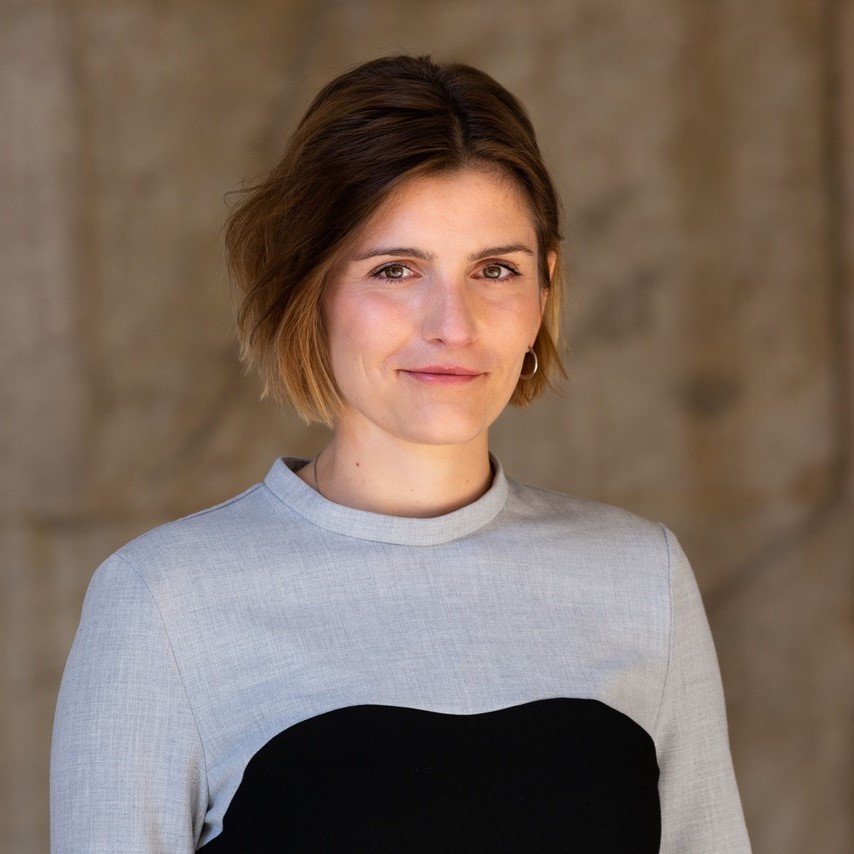
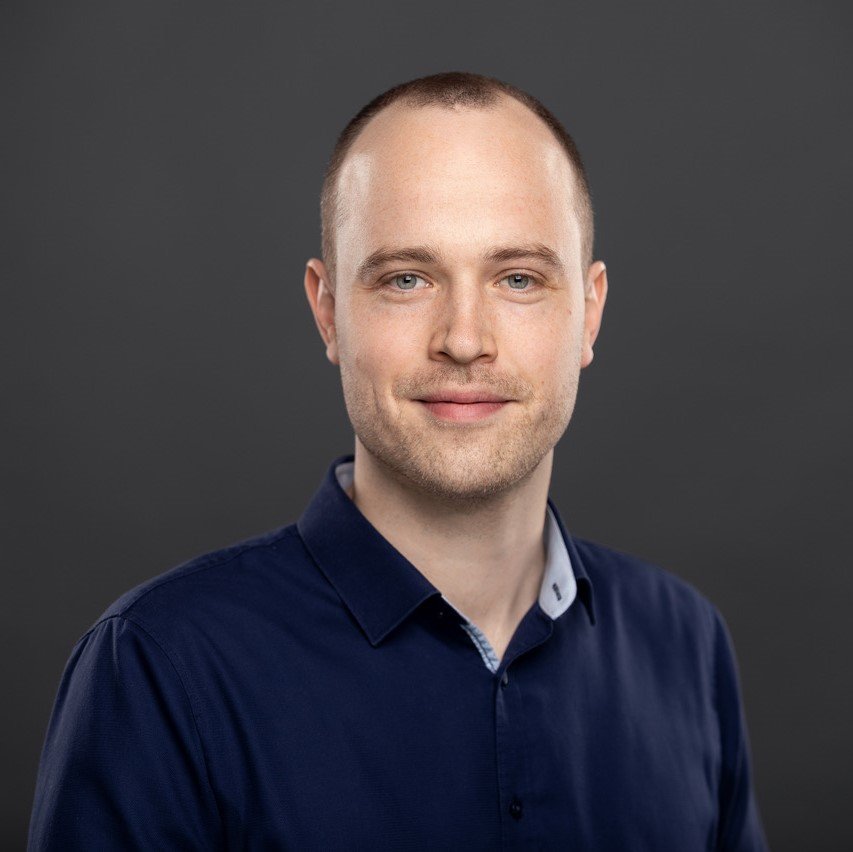
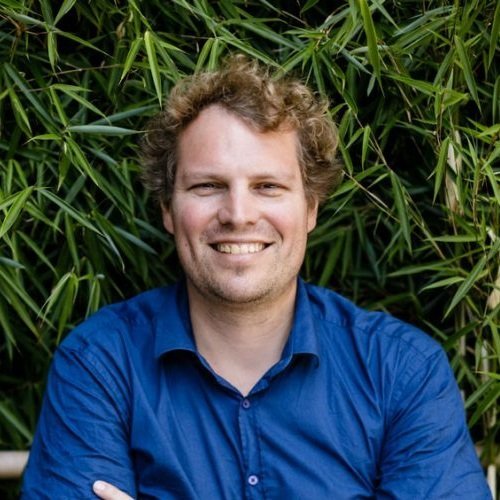
• Conceptualizing and quantifying GHG emissions of cities world-wide
• Assessing opportunities for GHG mitigation of cities world-wide
• Building models of sustainable urban form and transport
• Land rents as a complement for financing sustainable infrastructures
• Analyzing the role of capital stocks and infrastructures for climate change mitigation
• Land use-mediated uncertainty in integrated assessments, particularly those related to bioenergy
Before joining the MCC and TU Berlin, Felix was a postdoc fellow at the Energy and Resources Group at the University of California, Berkeley, collaborating with Dan Kammen, Lee Schipper and Elizabeth Deakin, and the Energy Foundation China in Beijing. Felix Creutzig received his PhD in Computational Neuroscience from Humboldt-Universität zu Berlin, and holds a Master of Advanced Studies (Path III in Mathematics) from Cambridge University, UK. From 2009 until 2011 Felix was also chair of Netzwerk Europa, the Alumni organization of the Studienkolleg zu Berlin.

Yann has a wide knowledge of interoperability in healthcare systems.
Yann has deployed several healthcare data components ; he is an expert on FHIR, data management and data sharing.
Synodis is an healthcare integrator at the crossing between IT and Business.
EMR implementation, Interoperability and Digital Services Integration are our core competencies : FHIR Servers, Interoperability and MDM platforms, NLP, Semantic analysis, Machine Learning, Data Labs
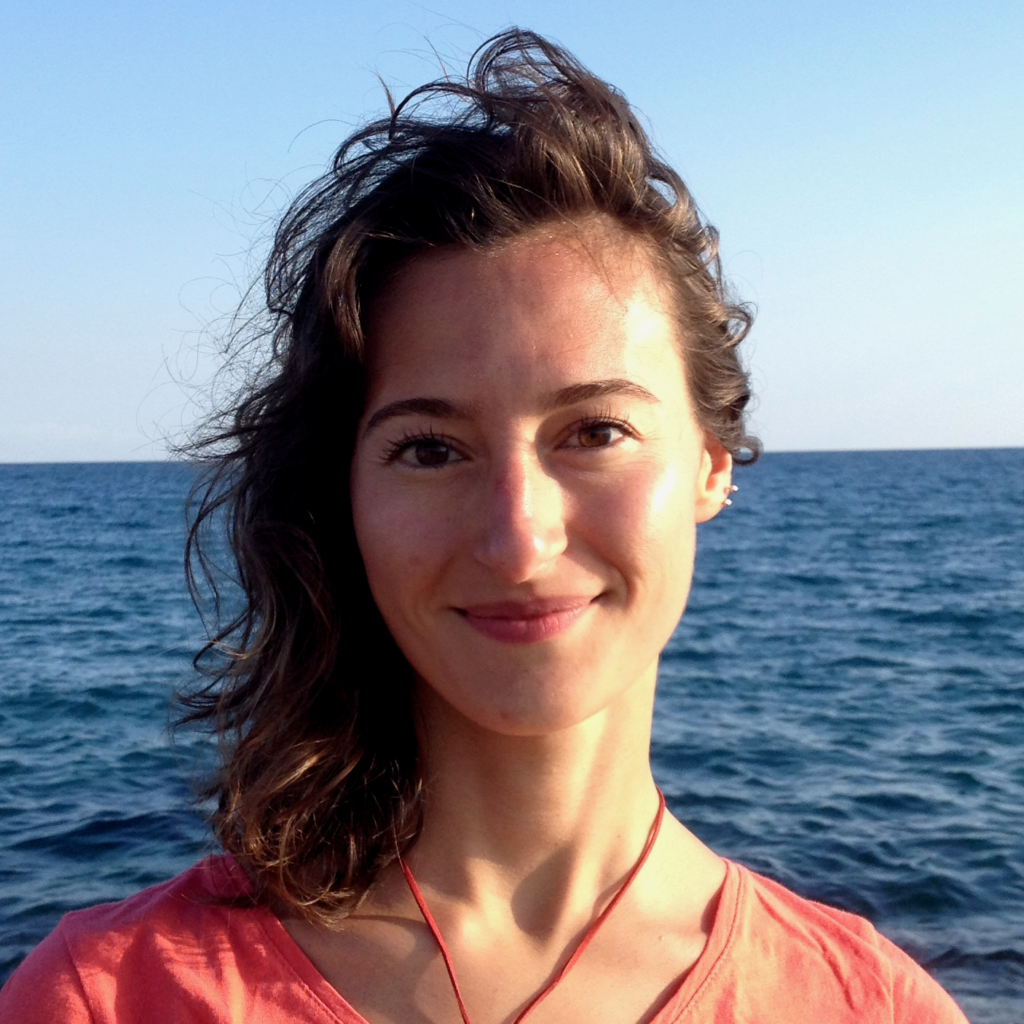
Social AI & Robotics Lab (SAIR) research focuses on computer vision and machine learning for artificial intelligence and human-machine interaction. In particular, we are interested in learning multimodal representations of human behaviour and environment from data and integrating such models into the perception, learning and control of real-world systems such as robots. Key application areas include but not limited to autonomous systems, intelligent interfaces and assistive technologies in healthcare, education, public and personal spaces; indeed, any area that demands human-machine interaction.

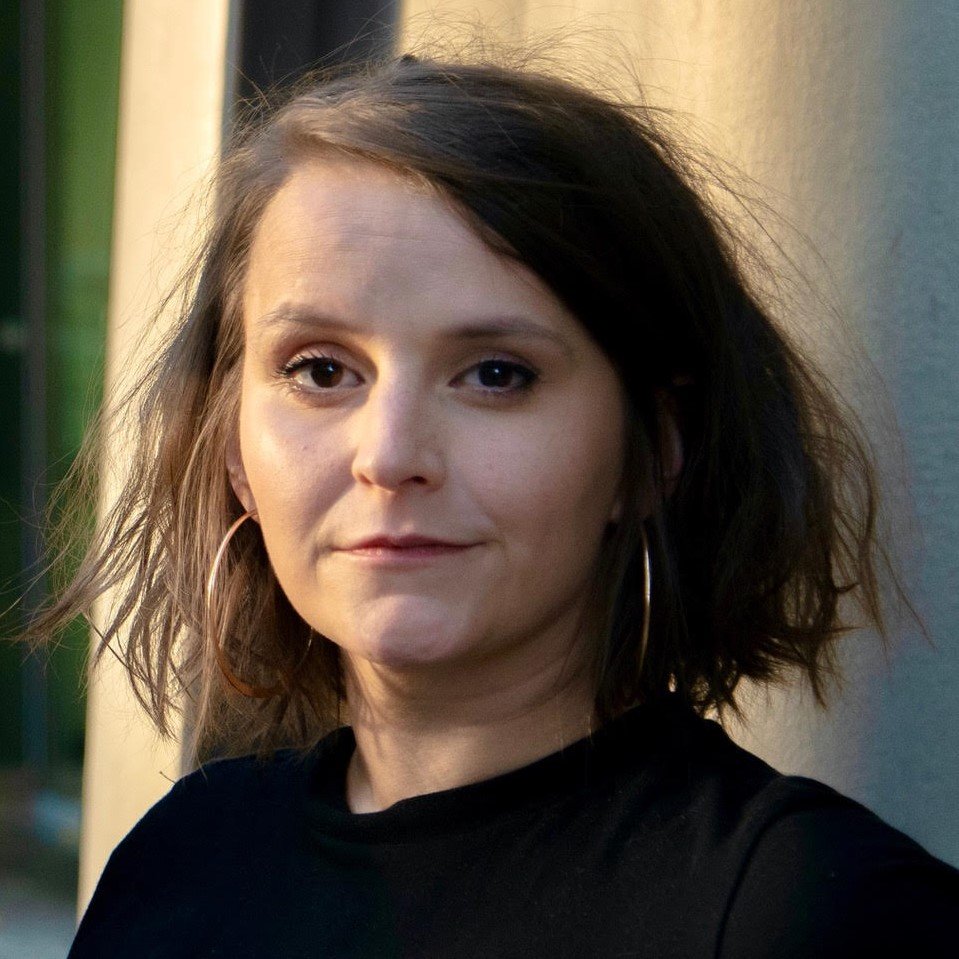
Previous Years Speakers
Covering the most relevant topics of AI in healthcare – including the ways in which AI is being used during the current pandemic – the STEMM MIT CSAIL AI in Healthcare Summit was held online and co-hosted by MIT’s Computer Science & Artificial Intelligence Laboratory and STEMM Global Scientific Community
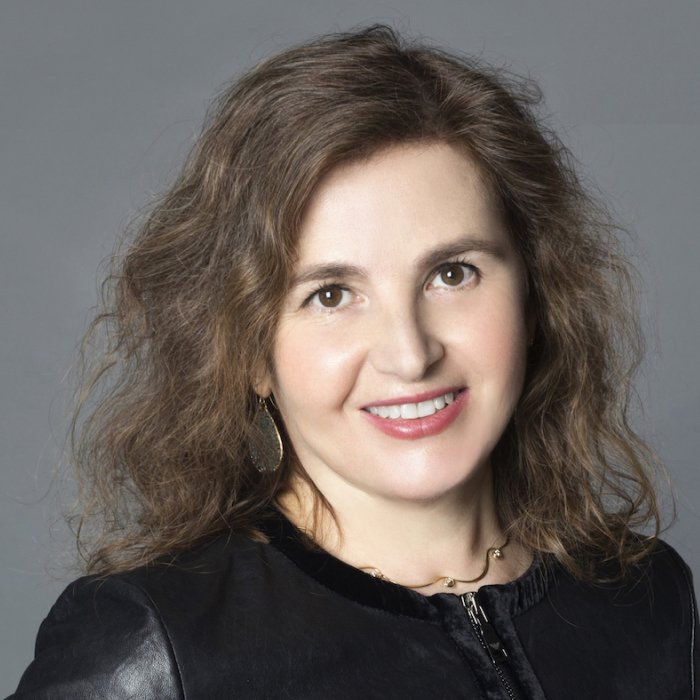

European Commission
Directorate-General Communications Networks, Content and Technology
Unit H3 “eHealth, Well-Being and Ageing”
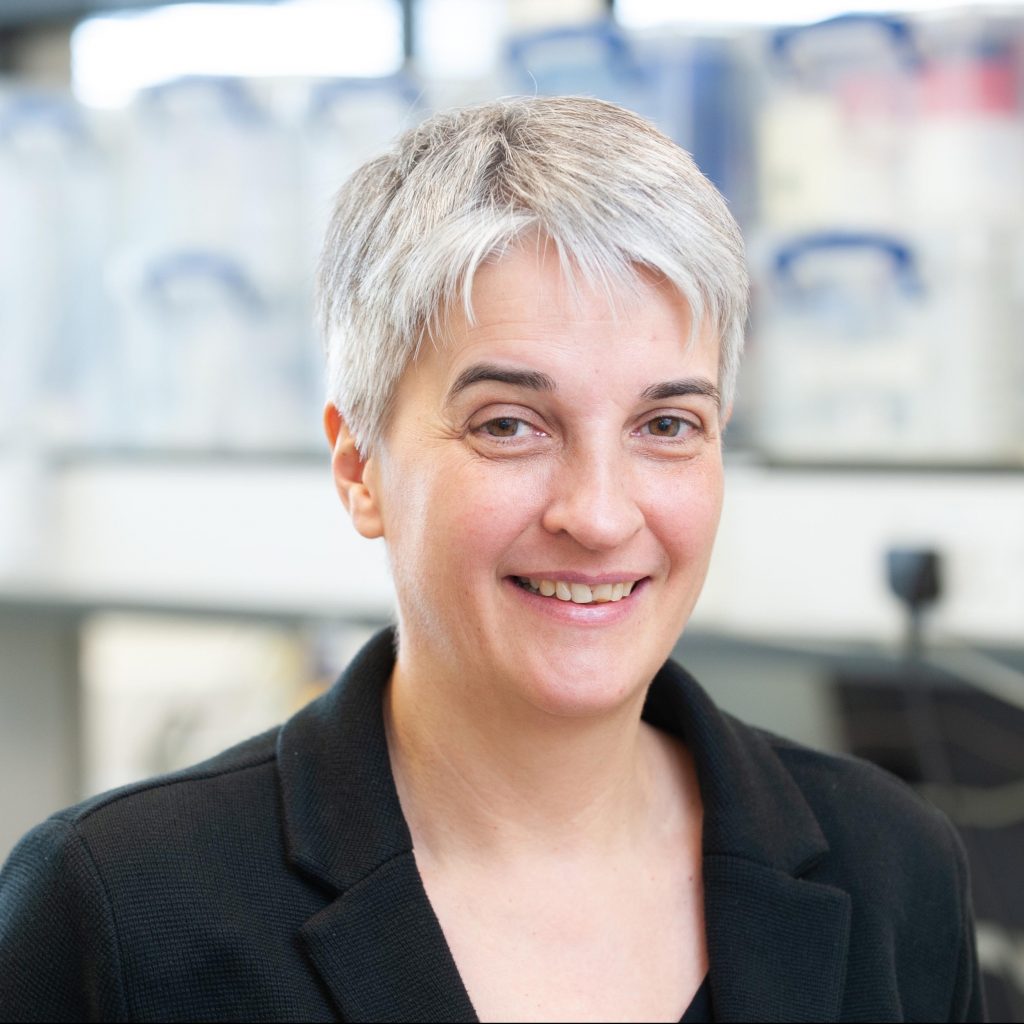
She is School Head for Research & Impact, and Co-Director of the NIHR funded Medtech and In vitro diagnostic Co-operative (MIC) in Cardiovascular Diseases.
Her research interests are in machine/deep learning, nonlinear motion modelling, multi-modality imaging, dynamic imaging and quantitative imaging for applications in cancer, cardiovascular diseases, and fetal health. Her focus is on developing mathematically principled methods for correcting complex types of motion, such as sliding organs, fetal movements, as well as imaging artefacts. She also has an interest in early disease detection, characterisation and prediction of response to treatment, with the aim of rapid translation into clinical practice for patient stratification and improved treatment outcome.
Julia has over 25 years’ experience in medical imaging, has successfully supervised 20 PhD students to completion, and is leading a large research group at King’s, in close collaboration with Imperial.
Julia is elected member of the MICCAI Society Board (2017-21) and the IEEE EMBS Administrative Committee (2017-19, re-elected 2020-22). She is also a member of the Inria Science Board (2017-20) and the EPSRC Strategic Advisory Team (SAT) in Healthcare Technology (2018-21). In 2018 Julia was elected MICCAI Fellow "For contributions to multiple areas of medical image computing, and for distinguished service to the MICCAI conference and Society", and 2019 she was ellected Fellow of the European Laboratory for Learning and Intelligent Systems (ELLIS).
Education
PhD in Computer Science, University College London, University of London, UK. January 1994 → February 1998.
MSc in Computer Science, Technische Universität Berlin, Germany. October 1989 → September 1993
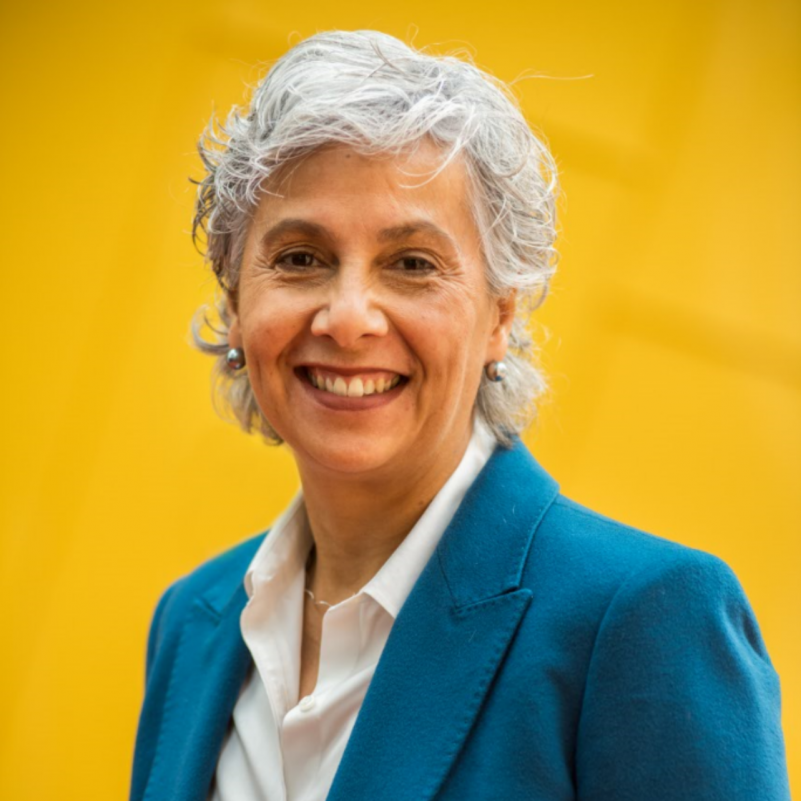
Una-May is recognized by ACM SIG-EVO for her significant contributions having been elected a Fellow of ISGEC. She has served as Vice-Chair of ACM SIG-EVO, and has served as chair of the largest international Evolutionary Computation Conference, GECCO. She has served on the GECCO business committee, co-led the 2006 and 2009 Genetic Programming: Theory to Practice Workshops and co-chaired EuroGP, the largest conference devoted to Genetic Programming. In 2013, Una-May co-inaugurated the Women in Evolutionary Computation group at GECCO. She received the EvoStar Award for Outstanding Achievements in Evolutionary Computation in Europe in 2013. In 2018, Una-May was recognized by Nature Research journals for outstanding contributions in peer review. Recently, ACM SIG-EVO elected Una-May for Career Recognition for Scientific Merit.
Una-May is an area editor for Data Analytics and Knowledge Discovery for Genetic Programming and Evolvable Machines (Kluwer), and editor for Evolutionary Computation (MIT Press), and action editor for the Journal of Machine Learning Research. She serves in an advisory role on the Oakridge National Lab Directorate Advisory Committee. She serves as an Editorial Board Member of the new ACM Transactions on Evolutionary Learning and Optimization (ACM TELO). Start Up Advisory Positions: Aspiring Minds, Legit Patents, PatternEx, Cardinal Wind/Evervest acquired by Ultra Capital (to 2015). Research Sponsorships: MIT-IBM Watson AI Lab, Crowdstrike, Accenture, BBVA, Jaguar Land Rover, Philips Healthcare N.A., Arcelor Mittal, Givaudan, VMWare, National Science Foundation, DARPA, Dept. of Energy, Crossword Cybersecurity, HKUST-MIT Research Alliance Consortium, Cybersecurity @CSAIL, BigData @CSAIL, and SystemsThatLearn @CSAIL.
Number of graduate students: 17 (4 Ph.D., 13 Masters) Number of Postgraduate Scholars: 9
Una-May hails from Ottawa, Ontario Canada. She completed her undergraduate degree in Computer Science at the University of Calgary in 1985. After 3 years at Bell Northern Research, Una-May completed her MCS (’90) and Ph.D. (’95) in Computer Science at Carleton University. Her Ph.D. dissertation is one of the world’s first on the AI topic of Genetic Programming. She joined MIT as a member of the Artificial Intelligence Lab in 1998. She is the author of over 100 academic papers.
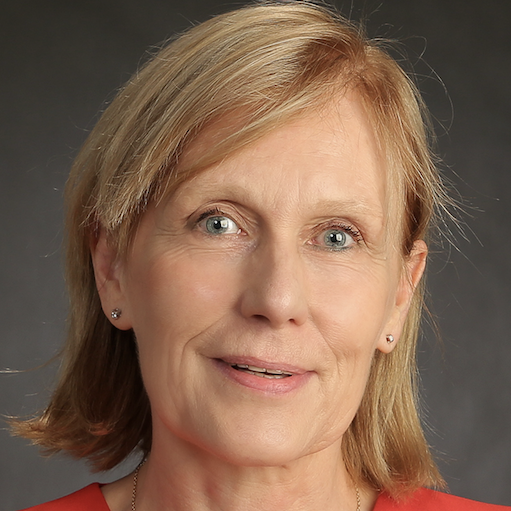
Her main direction of research is the development of novel methods for automated content recognition in text and multimedia using statistical and neural machine learning.
She is author or co-author of more than 350 peer-reviewed publications many of which published in major natural language processing, machine learning, artificial intelligence and information retrieval venues such as AAAI, ACL, EMNLP, ICML, JAIR, ML, SIGIR , TACL and WSDM. She is holder of the European Research Council (ERC) Advanced Grant CALCULUS (Commonsense and Anticipation enriched Learning of Continuous representations sUpporting Language UnderStanding, 2018 – 2023, Horizon 2020 - 788506).
She is currently associate editor of the journal IEEE Transactions on Pattern Analysis and Machine Intelligence (TPAMI). In 2011 and 2012 she was appointed as chair of the European Chapter of the Association for Computational Linguistics (EACL).

She is an IEEE Fellow (2009). She has received the Oon Prize on Preventative Medicine from the University of Cambridge (2018). She has also been the recipient of an NSF Career Award, 3 IBM Faculty Awards, the IBM Exploratory Stream Analytics Innovation Award, the Philips Make a Difference Award and several best paper awards, including the IEEE Darlington Award. She holds 35 granted USA patents.
The current emphasis of her research is on machine learning with applications to medicine, finance and education. She has also worked on data science, network science, game theory, signal processing, communications, and multimedia. Prior to her academic career, she was a Senior Researcher at Philips Research in the Netherlands and USA.

From 2009 to 2010, he started working on flat-panel C-arm CT as post-doctoral fellow at the Radiological Sciences Laboratory in the Department of Radiology at the Stanford University.
From 2011 to 2012 he joined Siemens Healthcare as innovation project manager and was responsible for reconstruction topics in the Angiography and X-ray business unit.
In 2012, he returned the University of Erlangen-Nuremberg as head of the Medical Reconstruction Group at the Pattern Recognition lab. In 2015 he became professor and head of the Pattern Recognition Lab.
Since 2016, he is member of the steering committee of the European Time Machine Consortium. In 2018, he was awarded an ERC Synergy Grant “4D nanoscope”.
Current research interests focuses on medical imaging, image and audio processing, digital humanities, and interpretable machine learning and the use of known operators.
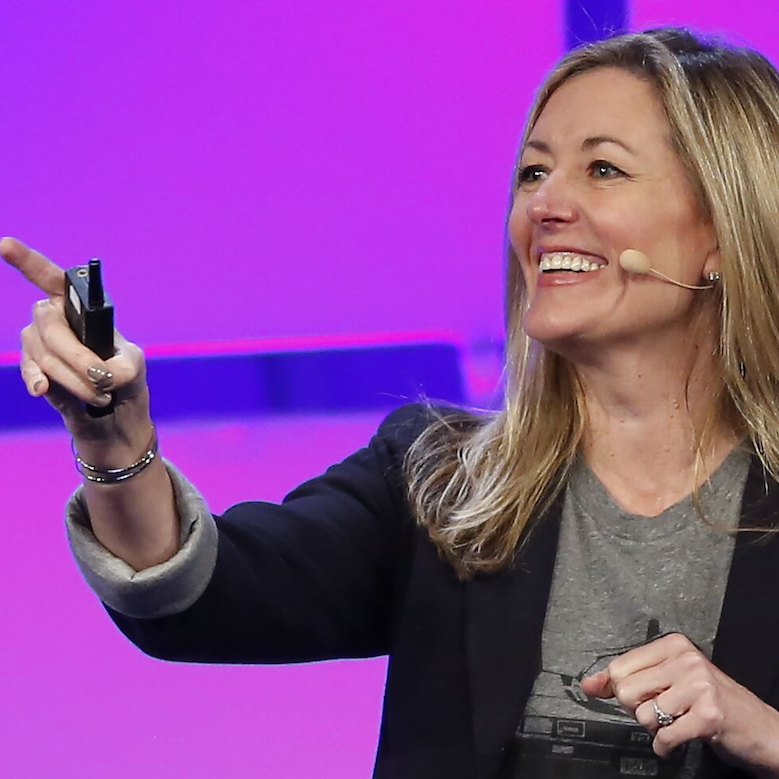
Director, Special Projects, at MIT; Executive Director, Center for Collective Intelligence at the MIT Sloan School.
Lead organizer of The Engine, 2016-17 (www.engine.xyz), a venture fund and accelerator program for tough tech startups.
Former President, Chief Strategy Officer, MIT Technology Review, MIT’s global media company President of the MIT Enterprise Forum, a global network of chapters organized around entrepreneurship.
Co-founder, HUBweek (www.hubweek.org), a first-of-its-kind civic collaboration and weeklong festival that brings together the most
creative and inventive minds making an impact in art, science and technology.
Kathleen is a frequent speaker at global conferences. She is very active in the community, serving as a judge for many competitions including the MacArthur Foundation. In 2017, she was named by the Women of the Harvard Club as one of Boston’s Most Influential Women.
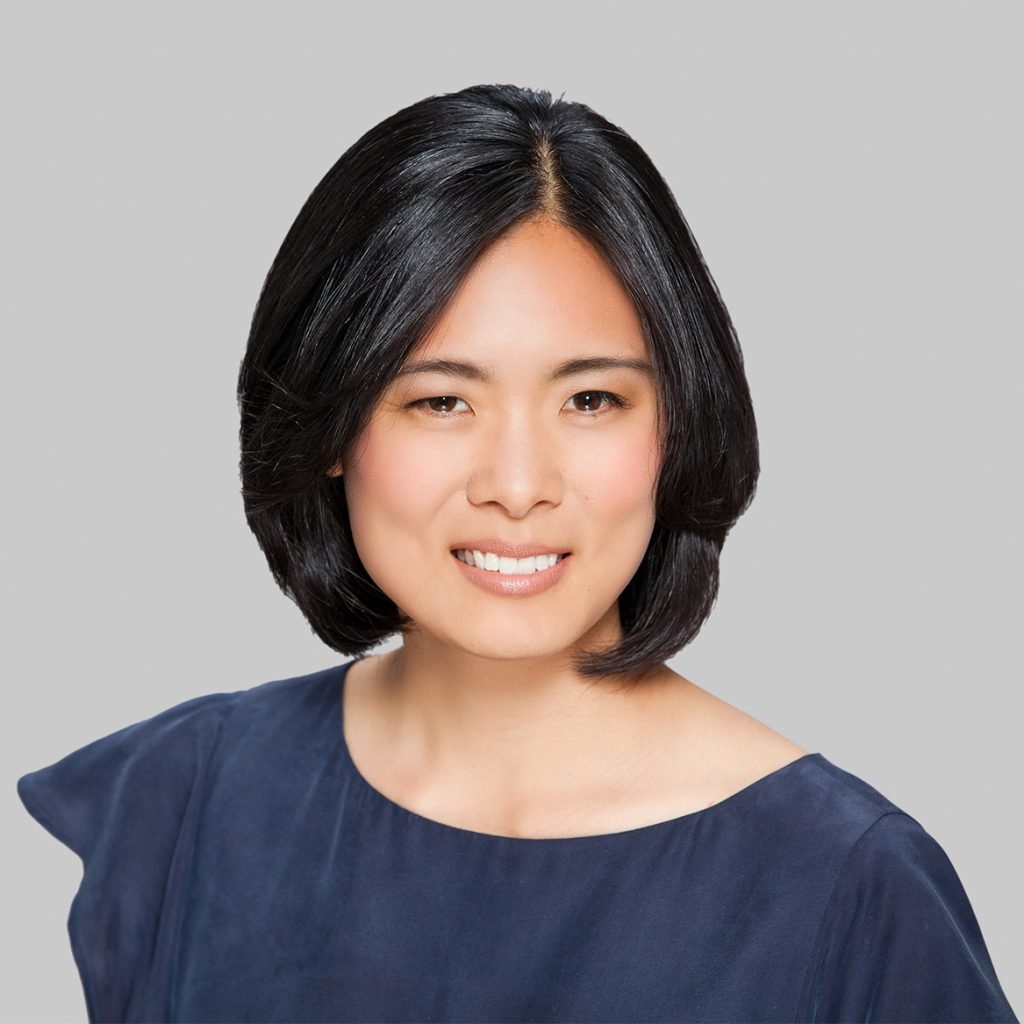
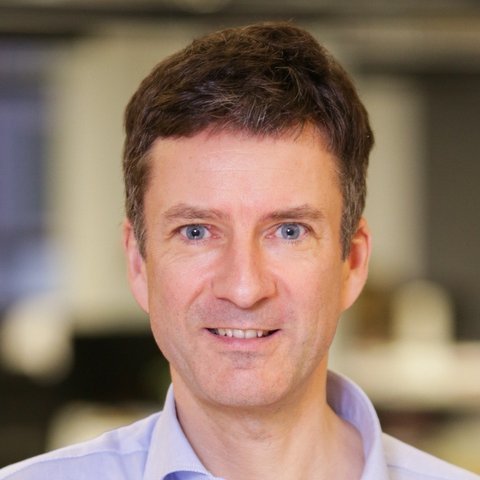
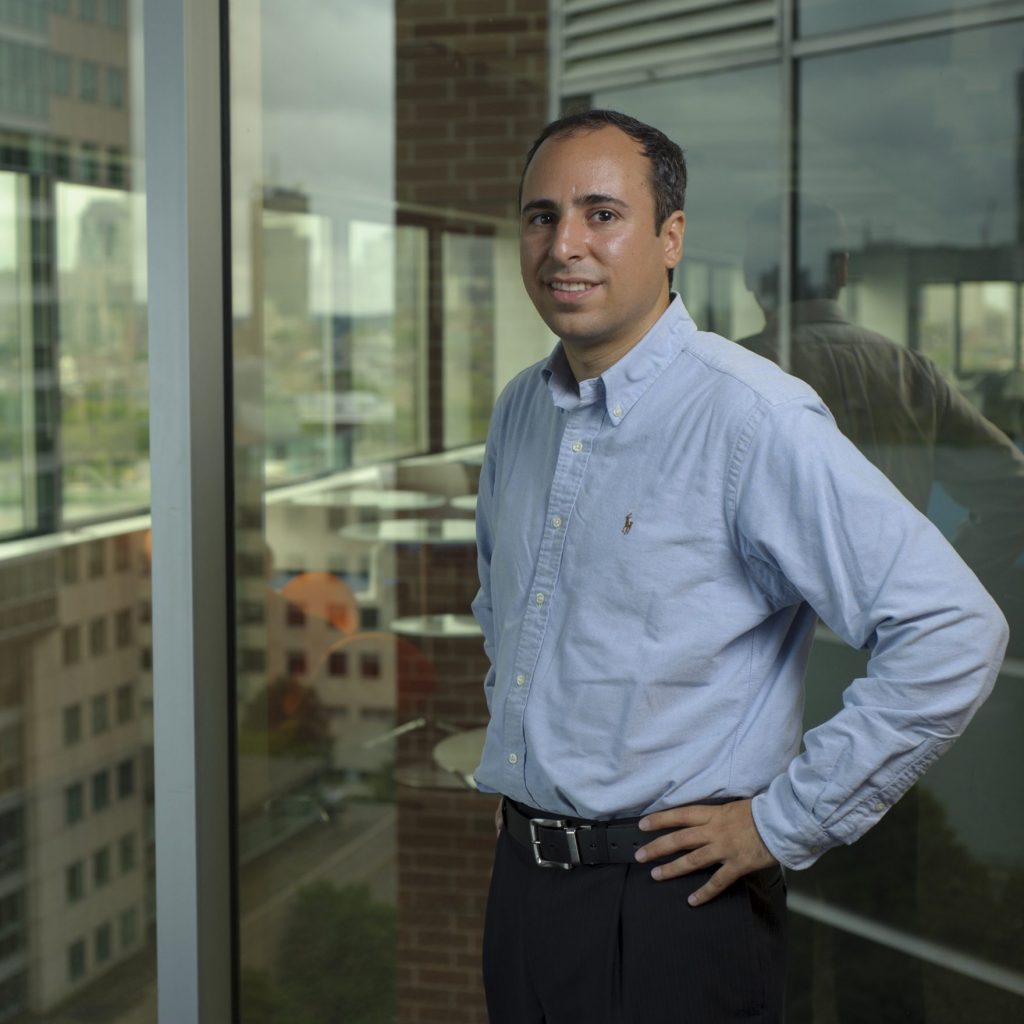
Andy began his career at MIT Lincoln Laboratory, and was a key technical contributor on a broad range of homeland security and defense research programs. He developed a scalable, distributed web application system, now operational and used by entities such as DHS and NATO, for which he received the IEEE Technical Field Award. Andy has a PhD from Harvard University and a BS from Cornell University.
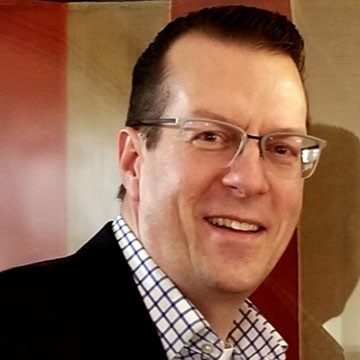
MS, computer science (artificial intelligence), DePaul University
MBA, international business and economics, DePaul University
BA, computer science, Alfred University
BS, finance and management information systems, Alfred University
Five professional certificates including two in security (server/network), one in data science and machine learning, one in artificial intelligence, one in quantum computing
Career bio
I hold a senior leadership role in the artificial intelligence and cognitive technologies space for the Advanced Technology Collaborative (ATC) at Optum Technology. This combination role comprises the responsibilities of thought leader, evangelist, education subject-matter expert (SME), strategist, and advanced technology delivery of projects and technical capabilities in the AI/CT spaces.
My previous role in Optum was leading a global AI/machine learning delivery team (Dublin, Boston, Minnesota and South Carolina). Other responsibilities I hold are education and SME in AI/ML for the College of Artificial Intelligence in Optum Tech University, and SME in the UHG Patent Review Board reviewing AI/ML technologies.
Prior to Optum, my roles were: AI engineer for a military contractor, CEO of my own company, CIO of a dental insurance company, adjunct professor at a university, business startup partner, and an AI developer.
Technology areas I work on
Graph technologies
Deep learning
Natural language processing
Image processing/computer vision
Machine learning
Quantum computing
Intelligent agents
Awards and recognitions
DePaul University teaching award: The Daniel Siden Outstanding Adjunct Faculty of the College of Commerce, 2001.

Yann has a wide knowledge of interoperability in healthcare systems.
Yann has deployed several healthcare data components ; he is an expert on FHIR, data management and data sharing.
Synodis is an healthcare integrator at the crossing between IT and Business.
EMR implementation, Interoperability and Digital Services Integration are our core competencies : FHIR Servers, Interoperability and MDM platforms, NLP, Semantic analysis, Machine Learning, Data Labs

He was member of the board of directors of euRobotics aisbl, the European reference organization for robotics research. Giorgio Metta served as Vice Scientific Director of IIT from 2016 to 2019. He coordinated IIT's participation into two of the Ministry of Economic Development Competence Centers for Industry 4.0 (ARTES4.0, START4.0).
He was one of the three Italian representatives at the 2018 G7 forum on Artificial Intelligence and, more recently, one of the authors of the Italian Strategic Agenda on AI.
Giorgio coordinated the development of the iCub robot for more than a decade making it de facto the reference platform for research in embodied AI. Currently, there are more than 40 robots reaching laboratories as far as Japan, China, Singapore, Germany, Spain, UK and the United States. Giorgio Metta research activities are in the fields of biologically motivated and humanoid robotics and, in particular, in developing humanoid robots that can adapt and learn from experience.
Giorgio Metta is author of more than 300 scientific publications. He has been working as principal investigator and research scientist in about a dozen international research as well as industrial projects.
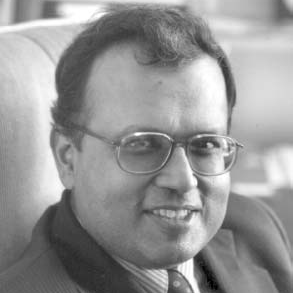
Gupta has spent the bulk of his career at MIT. In 2015, he rejoined MIT to work at the Institute for Medical Engineering and Sciences (IMES), Department of Electrical Engineering & Computer Science, and the Computer Science & Artificial Intelligence Lab (CSAIL) on innovation and entrepreneurship related to Digital Health and Globally Distributed Teams. He serves as Principal/Co-Principal Investigator and Coordinator for “Telemedicine” and “Enhancing Productivity of Geographically Distributed Teams” areas.
Gupta currently teaches a MIT School of Engineering course -- Telehealth and Telemedicine for Enhancing Global Healthcare: Opportunities and Challenges. The course received very high grades in student evaluation of course contents and instructor for all 3 consecutive years. MIT uses a scale of 1-7 for such grades with 1 being very poor and 7 being excellent, and the course received Median Grade of 7 overall in all years. Over these past years, he has assisted multiple startups established by students of this course and supervise research of dozens of students. During 2018, he delivered the keynote addresses at events in DC for senior officials of federal government officials and for federation of state medical boards. His subsequent address streamlined to a global audience is available online.
During the interim period that he was away from MIT, Gupta served as Phyllis and Ivan Seidenberg Endowed Professor and Dean of the Seidenberg School of Computer Science and Information Systems at Pace University, USA and as the Thomas R. Brown Professor of Management and Technology at the University of Arizona, USA. At the latter university, he was also Professor of Entrepreneuship and Professor of MIS at Eller College of Management, Profess.
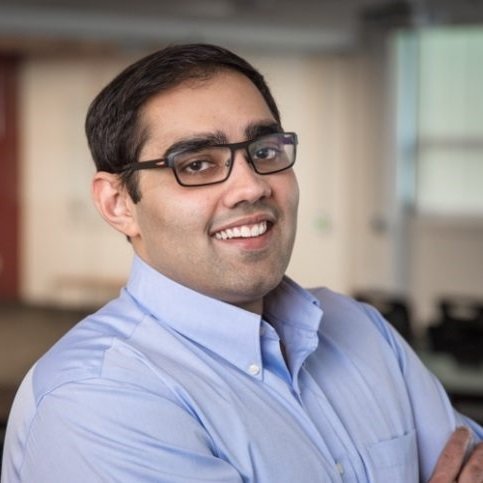
Aditya recently completed his PhD in machine learning and computer vision at MIT. He completed his MS at Stanford in 2011 and BS at Caltech in 2009. In his research he developed new methods for an array of applications in computer vision, including eye-tracking, prediction of image memorability, and visualization of deep networks. He is the recipient of a Facebook Fellowship and his work has been widely covered by various media outlets including BBC, The New York Times and The Washington Post. He has published over 30 papers in the fields of deep learning, computer vision and neuroscience.
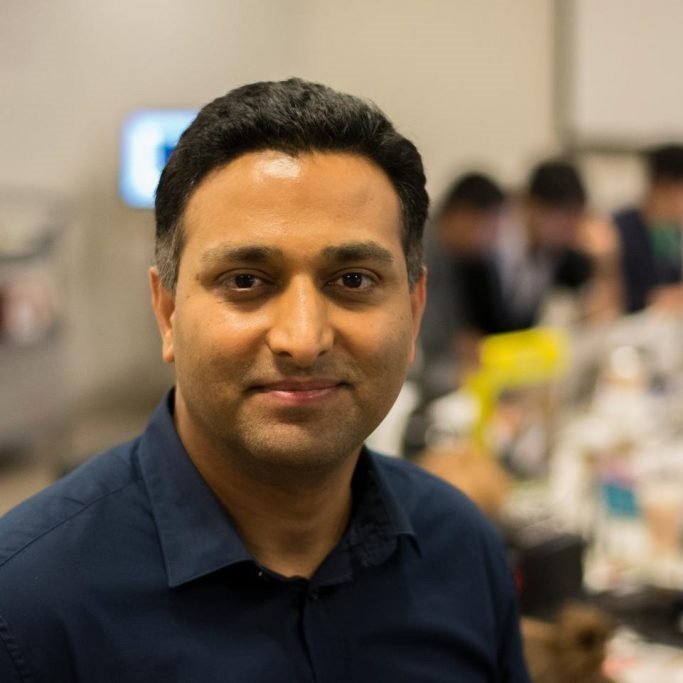
His lab produced a number of extreme highspeed pictures using a femto-camera that took images at around one-trillion frames per second. They have also developed a camera to see around corners using bursts of laser light.
Juliett Fiss has covered his role as the catalyst behind the Siggraph NEXT program at Siggraph 2015 in Los Angeles.
Raskar was awarded the "2017 CG Achievement Award" by ACM SIGGRAPH for his potential contribution in computational photography and light transport and their applications for social impact.
He has been influential in deploying research ideas in the real world. Startups created by members of his CameraCulture research group include EyeNetra.com (ophthalmic tests), Photoneo (high speed 3D sensing), Labby (AI for food testing), Lumii (novel printing for 3D imagery), LensBricks (computer vision with computational imaging), Tesseract (personalized display) and more. Non-profits emerging from his efforts include REDX.io (AI for Social Impact), MIT Emerging Worlds, LVP-MITra, REDX-WeSchool, DigitalImpactSquare and more.
He serves on the Expert Commission of $3.5 Billion Botnar Fondation as AI and Health expert.
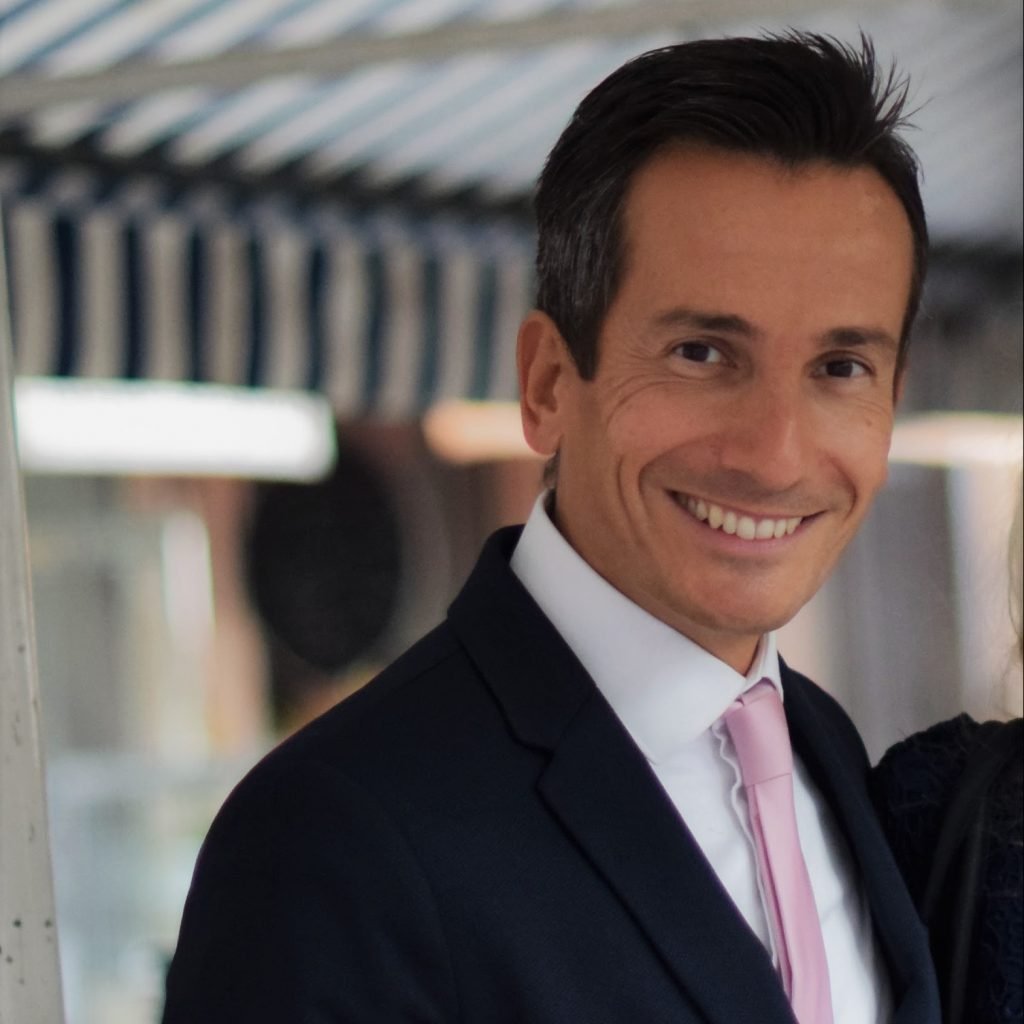
Frédéric is a former Research & Development (R&D) team leader from the Dassault Systèmes software editor. He is expert in modeling for Life Sciences. He received two Doctorates (Pharmaceutical Science + Cancer Research), and a Physics Engineering diploma from the “Ecole de Physique et de Chimie de Paris”.
After an academic career in bio-modeling as a researcher and teacher at the University of Nice Sophia Antipolis, he decided to manage teams in private R&D, both for small and big industries. Now he is creating his own company in order to bring his vision to life: a world where patients and health professionals would benefit from cutting-edge technologies in modeling and simulation.

Raymond graduated from the prestigious National University of Singapore’s Engineering Double Degree Program and has served as a scholar and technology advisor in big data engineering since 2008. From FinTech to HealthTech, he has advised over 50 organisations to achieve high growth rate and productivity driven by technology adoptions.
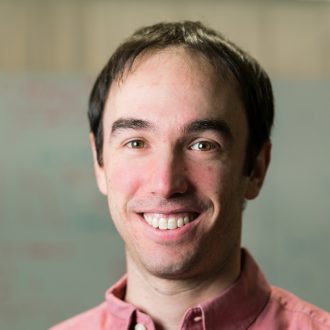
Broadly, we have two goals:
Clinical: To truly make a difference in health care, we need to create algorithms that are useful for solving real clinical problems.
Machine learning: We need rigorous solutions, which can pave the way for safe deployment of machine learning in high-stakes settings like healthcare.
Our lab is broadly interested in advancing machine learning and artificial intelligence, and using these to transform health care. Here we explain our three broad focus areas as well as representative papers. For more papers, see our publications section.
Clinical Prediction
These are exciting times for the practice of medicine. The rapid adoption of electronic health records has created a wealth of new data about patients, which is a goldmine for improving our understanding of human health. Our lab develops algorithms that use this data to make better clinical predictions in areas like antibiotic resistance, multiple myeloma, Parkinson’s disease, and other chronic illnesses. In addition, we are concerned with efforts around fairness and interpretability to ensure accurate, useful, and equitable clinical predictions.
Probabilistic and Causal Inference
Probabilistic inference is one of the cornerstones of machine learning. Whether for parameter inference at training time or answering queries at test time, we build new inference algorithms for inference in undirected and directed graphical models along with tools to analyze their efficacy. We work on probabilistic inference in deep generative models by developing new inference networks that learn to amortize approximate variational inference. In many instances, the quantity of interest within a Bayesian network is of a causal nature. To that end, our lab develops novel methods for answering causal queries that work effectively with high-dimensional data.
Medical Knowledge and Extraction
Today’s electronic health records are predominately a place for recording a patient’s health data. We aim to develop the foundation for the next-generation of intelligent electronic health records, where machine learning and artificial intelligence is built-in to help with medical diagnosis, automatically trigger clinical decision support, personalize treatment suggestions, autonomously retrieve relevant past medical history, make documentation faster and higher quality, and predict adverse events before they happen. A major challenge is the need for robust machine learning algorithms that are safe, interpretable, can learn from little labeled training data, understand natural language, and generalize well across medical settings and institutions.
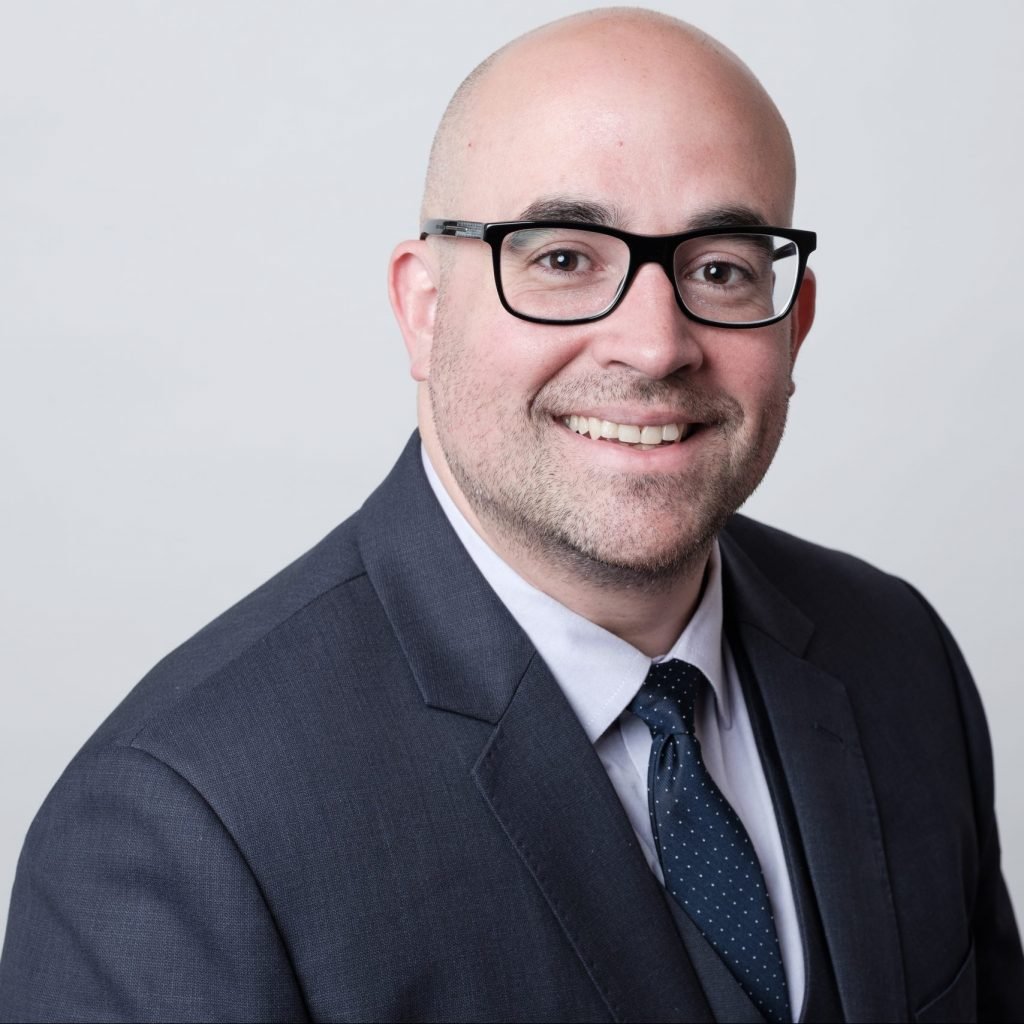
He is considered the first Intergalactic Doctor and is often featured on Forbes, Univision, CNBC and NASA360. His latest essay “The Future Shock of Medicine: How AI will Transform Disease, Death and Doctors” was recently reviewed by The Wall Street Journal along with other contributions by contemporary thought leaders. He serves as a technology and business advisor for MIT, NASA, UVA, African Innovation Alliance, US-Polish Alliance for Innovation and has served as special envoy to the Polish Space Agency.
His expertise in big data and innovation has made him a sought-after consultant in many industries. As Chief Medical Innovation Officer for Liberty BioSecurity, he helps drive innovation in genetic intelligence, national defense, biotechnology, precision medicine and augmented human performance.
As Chief Engineering Council in charge of Innovation for Hyperloop Transportation Technologies, he directs international engineering teams in technology and intellectual property development.
As the Medical Technology and Artificial Intelligence Adviser for NASA iTech, he helped evaluate research initiatives that would develop novel technology to meet the 2030 Mars Mission objectives and deep space exploration.
Dr. Morey has previously worked with IBM Watson Health as their Associated Chief Health Officer where he helped develop global AI medical technologies.
Morey has also consulted with many companies to help create and train their deep learning algorithms and neural networks to develop intelligent systems in healthcare and aerospace.
Morey sits on several AI advisory boards and has over 100 peer-reviewed publications, articles, presentations, and lectures. He also has a seat on the Informatics Leadership Council for the American College of Radiology.
He has given talks to NASA360, the Radiologic Society of North America, HIIMS, Academy Health, Health Datapalooza, Tech.Co, Frost & Sullivan Executive MindXchange, Stifel Nicolaus Healthcare Investment Conference, the Chinese Medical Association and the Senate of the Commonwealth of Puerto Rico.
Morey holds an adjunct professorship of Radiology and Biomedical Imaging at the University of Virginia and at Eastern Virginia Medical School. And he is a guest lecturer at Singularity University. Morey is also an advisor with MIT Solve, Ideas MIT, Tampa Bay Wave, and I-Corps Puerto Rico.
Dr. Morey is a Senior Advisor with the NASA Space Breathing Initiative, where he helps direct an international team of hardware and software engineers to develop a blockchain based data platform pipeline in collaboration with NASA and NetApp for COVID-19 rapid response utilizing hybrid cloud. Identified and guided hardware and software parameters well as edge device integration and clinical AI development for prescriptive analytics and integration with the US National Emergency Broadcasting System.
He also serves as a Special Advisor with the White House Office of Science and Technology Kaggle CORD19 Project. He advised the Director of Research of CORD19 which is a collaboration between the Allen Institute for AI, Chan Zuckerberg Initiative (CZI), Georgetown University’s Center for Security and Emerging Technology (CSET), Microsoft, and the National Library of Medicine (NLM) at the National Institutes of Health to create AI platform to review scholarly literature about COVID-19, SARS-CoV-2, and the Coronavirus group. Advised director on how to transform research content into machine-readable form, making the corpus ready for analysis and study.
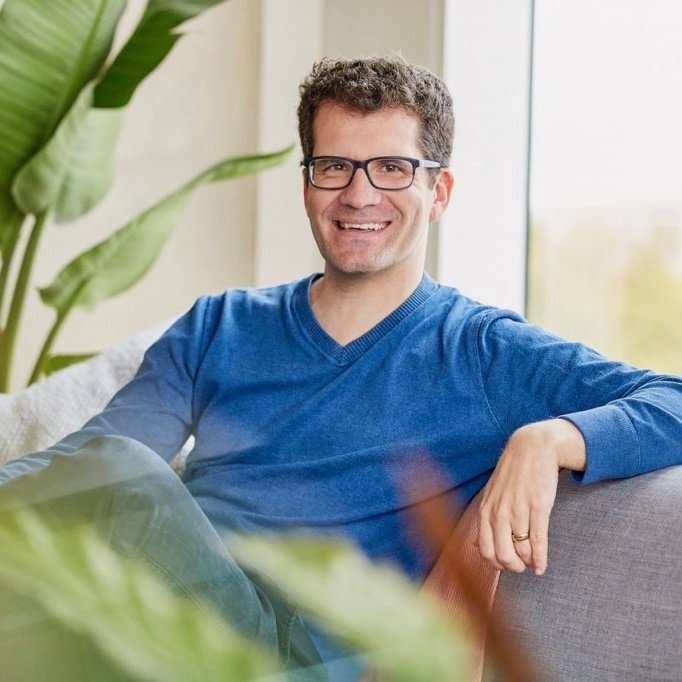

Deputy Medical Director (Klinik für Kardiologie, Angiologie, Pneumologie)
Management (Institut für Cardiomyopathien Heidelberg)
Management (Herzkatheter)
Research group head (AG Molekulargenetisches Labor für funktionelle Molekulargenetik und translationale Biotechnology)
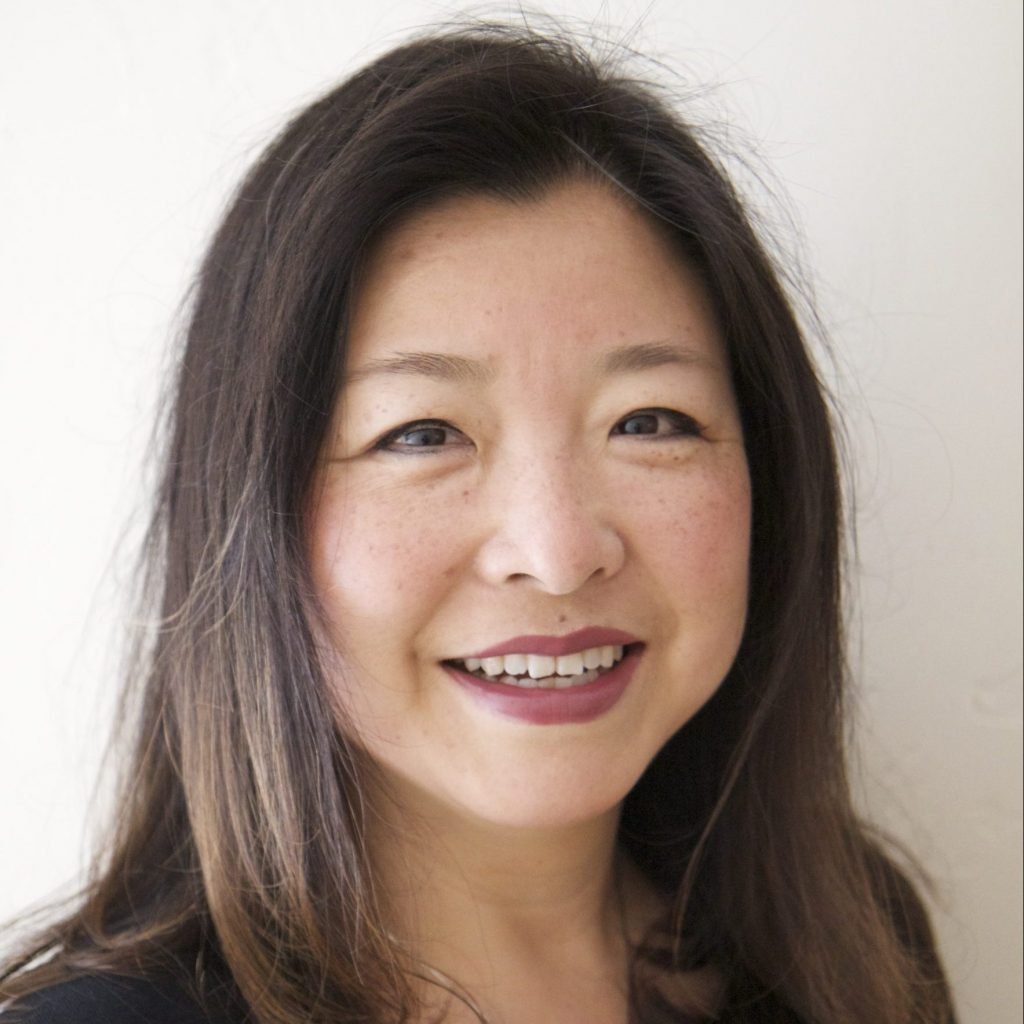
Prior to Genoptix, Dr. Feng was an early employee and held key positions at GeneOhm Sciences, which was acquired by Becton Dickinson for $300M, and Nanogen which went public in 1998.
Dr. Feng is a member of Bayhelix, an organization of global healthcare leaders of Chinese heritage. She was the winner of BRAVO Rising Star Award from National Association of Women Business Owners (NAWBO), and Industry Innovation Award from Blossom Ventures presented at the annual Women’s Entrepreneurship Summit.

Mylynn uses technology to improve health equity, social determinants of health, and care for vulnerable populations. She has helped organizations develop and implement innovative solutions that improve health care for diverse populations.
Her experience includes working with:
• Federal, state, local and tribal governments
• National and regional health plans
• Integrated delivery networks
• Academic and community medical centers
• Physician groups
• Accountable care organizations
Prior to rejoining Optum, Mylynn served as the State Health Officer for North Dakota, where she led the state department of health during the COVID-19 public health emergency, established health policy, and developed and implemented strategic priorities.
Mylynn earned a BSN from Case Western Reserve University, and an MBA and Master of Science in Information Management (MSIM) from Arizona State University. Mylynn has also been a national speaker and instructor on population health, health policy and leadership.
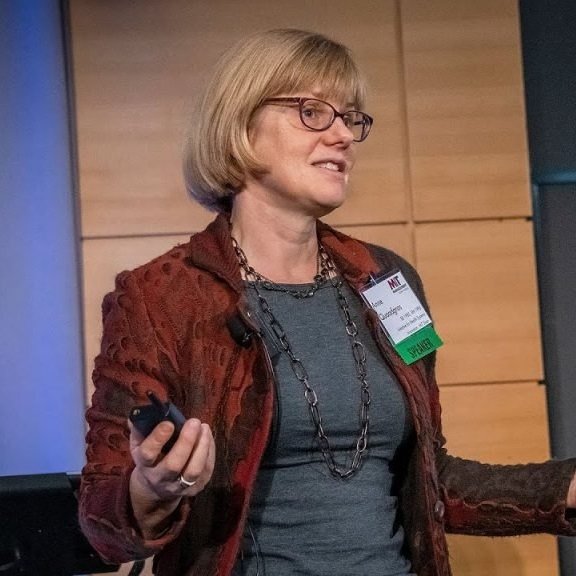
Her work focuses on health systems transformation, and the role of information technology in supporting that change.
Prior to her doctoral work, Anne was a management consultant for fifteen years, specializing in improving decision-making and investment processes in the chemical, pharmaceutical, and financial services industries.
She holds a Bachelor’s and Master’s degree in chemical engineering from MIT. Anne earned her doctorate in information systems at Boston University, where her dissertation research explored how globally distributed groups of experts recognize and respond to operational problems.
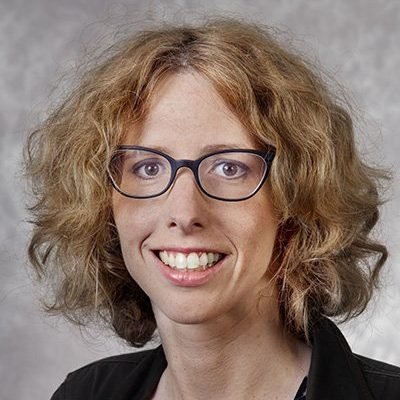
Katherine's research interests lie in the fields of machine learning and Bayesian statistics. Specifically, she develops new methods and models to discover latent structure in data, including cluster structure, using Bayesian nonparametrics, hierarchical Bayes, techniques for Bayesian model comparison, and other Bayesian statistical methods.
She applies these methods to problems in the brain and cognitive sciences, where she strives to model human behavior, including human categorization and human social interactions.
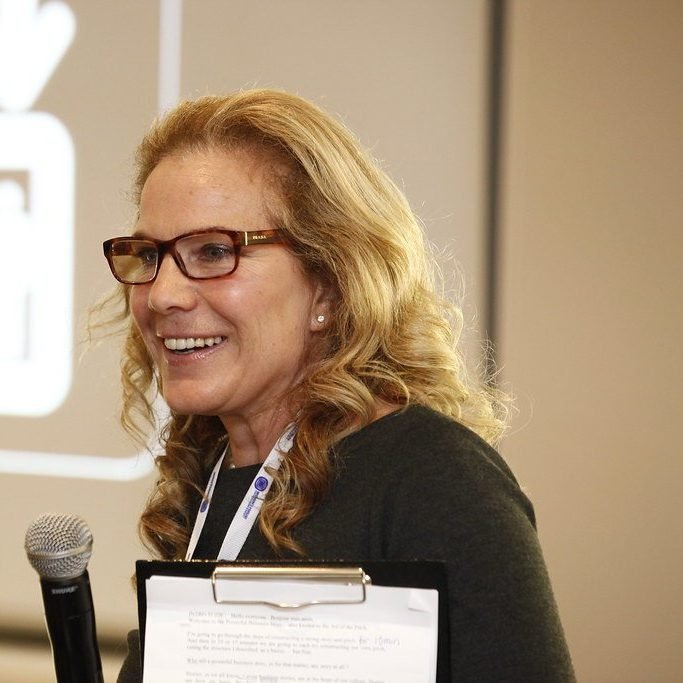
Caitlin also founded and co-leads the new < A+ > Alliance for Inclusive Algorithms with Ciudadania Inteligente, a global coalition of technologists, activists and academics who focus on affirmative action for algorithms and creating gender equality, so that machine learning does not embed an already biased system into our future.
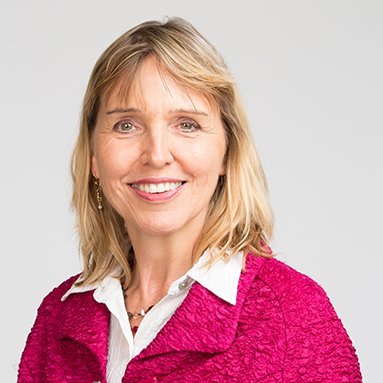
MS Computer Science Computer Science, Florida State University, Tallahassee, Florida
PhD Computer Science University of California, Irvine, California
As founding Director of the interdisciplinary Data Science program here at WPI, I take great pleasure in doing all in my power to support the Data Science community in all its facets from research collaborations, new educational initiatives to our innovative Graduate Qualifying projects at the graduate level.
Having served as primary advisor and mentor of over 35 PhD students who have secured successful professional careers in computing, I'm proud of all the great accomplishments of students I have had the opportunity to collaborate with. With an h-index of 55, I have authored well over 400 publications, numerous patents, and software systems released to public domain. My research work, widely cited, has been supported by government agencies including NSF, NIH, DOE, FDA, and DARPA, and by industry including HP, IBM, Verizon Labs, GTE, NEC, AMADEUS, Charles River Analytics, and by labs such as MITRE Corporation. I've enjoyed holding leadership positions in the big data field, including having served as Associate Editor of prestigious journals including IEEE Transactions on Data and Knowledge Engineering and VLDB Journal and as area chair on premiere professional big data conferences, including ACM SIGMOD, VLDB, IEEE ICDE, and others.
My research focuses on how to make use of data and information in an effective manner, towards achieving goals in business, scientific discovery, and digital health. With the inter-connectivity of the internet, the availability of computing power, and big data everywhere, access to the right piece of information at the right moment, possibly fused together from numerous information sources, remains one of the most critical capabilities that can set you apart from others. Together with undergraduates, graduate students, post-docs, and other faculty, I strive to develop big data, machine learning and data visualization technologies to discover and explore important nuggets and patterns in massive data sets in real-time in applications from fraud detection, digital health, emergency management, business intelligence, to event analytics.
I love every moment working with students and colleagues at WPI and in industry on cutting-edge data science research and project activities. At the undergraduate level, I work with students both on MQP and IQP projects focused on computer science and data science research challenges often in collaboration with companies and other organizations.
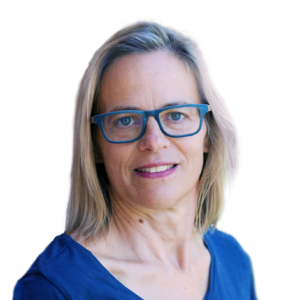
Judith was recently at GNS Healthcare as Senior Director of Research and Data Science where she led a number of data science teams that applied machine learning methods to complex data sets in healthcare and life sciences, for oncology and other therapeutic areas. Prior to GNS Healthcare, Judith led research in computational macromolecular modeling in the life sciences industry and developed methodologies for technology assessment and parametric yield improvements in the high-tech industry. Judith obtained her PhD from McGill University, Montreal, in physics, and MS in physics from the RWTH in Aachen, Germany.
“I am a passionate computational physicist who thrives on challenges,” said Judith. “I’m excited to be joining the healthcare industry’s leader for AI-powered real-world evidence solutions and look forward to working closely with our partners and customers to advance even more exciting and high–value AI technologies.”
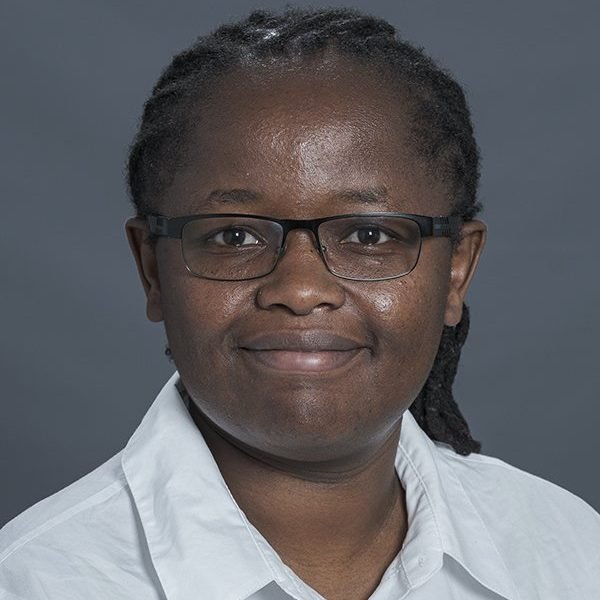
Dr. Gichoya is a member of the Cancer Prevention and Control Research Program at Winship Cancer Institute. She holds professional memberships with Radiological Society of North America, American College of Radiology, Society of Interventional Radiology, Society of Imaging Informatics in Medicine and American Medical Informatics Association.
Education
Dr. Gichoya earned her Medical Degree from Moi University in Kenya. She completed her medical internship at Kiambu District Hospital. She earned a Masters of Science in Health Informatics from Indiana University Purdue University in Indianapolis, Indiana. In addition, she completed post-doctoral training in informatics at Regenstrief Institute in Indianapolis, Indiana, and a residency in diagnostic radiology at Indiana University. Prior to arriving at Emory, she completed a fellowship in interventional radiology at Oregon Health Sciences University in Portland, Oregon.
